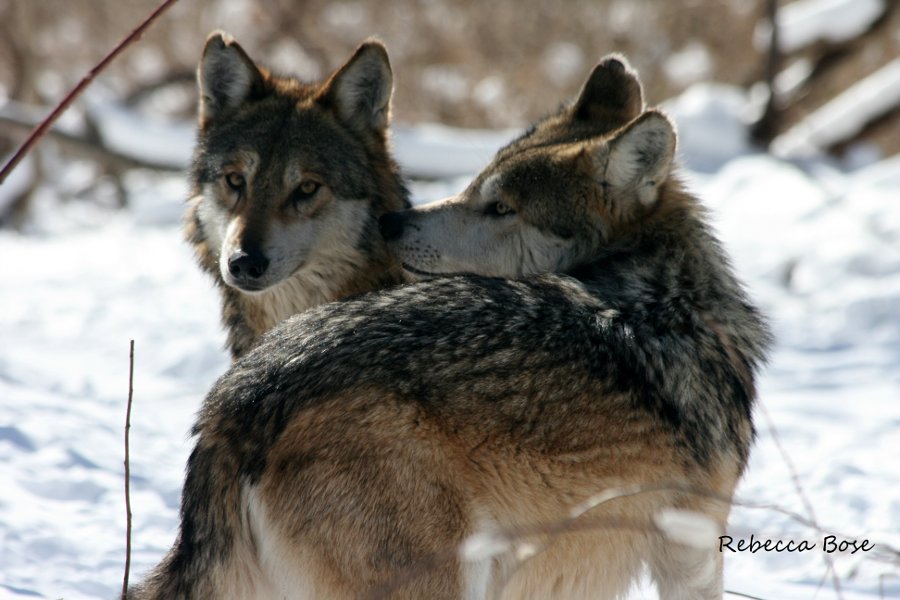Blog: Mission Forgotten: Feds Have Lost Their Way on Wolf Recovery

Talk about your personal connection to wolves and why the issue is important to you. If you’re a grandmother wanting your grandchildren to have the opportunity to hear wolves in the wild, or a hunter who recognizes that wolves make game herds healthier, or a businessperson who knows that wolves have brought millions in ecotourism dollars to Yellowstone, say so.
Point out that the scientists whose research is referenced in the draft rule to remove the gray wolves’ protections have stated in a recent letter that the science does not support the delisting.
Express your support for relisting Mexican wolves as an endangered subspecies and point out that delisting gray wolves throughout the U.S. is counter to protecting Mexican wolves. Fewer than 80 Mexican gray wolves exist in the wild. New populations of these wolves are desperately needed for them to thrive. But the draft plan would leave gray wolves unprotected in places where this endangered subspecies could and should live. This will make protection of Mexican gray wolves much more difficult should they expand into Utah or Colorado and make it unlikely that any wolves will be able to naturally reestablish a presence in the Southern Rockies, a region with excellent suitable habitat where wolves were once found.
Describe the ecological benefits of wolves to entire ecosystems and all wildlife. Wildlife biologists believe that Mexican wolves will improve the overall health of the Southwest and its rivers and streams — just as the return of gray wolves to Yellowstone has helped restore balance to its lands and waters. Science has repeatedly demonstrated that wolves are keystone carnivores who help to keep wildlife like elk and deer healthy and bring balance to the lands they inhabit.
Thank you for taking action today for wolves!
_________________________________________
Click here to join our email list for Mexican gray wolf updates and action alerts.
Visit us on Facebook.



